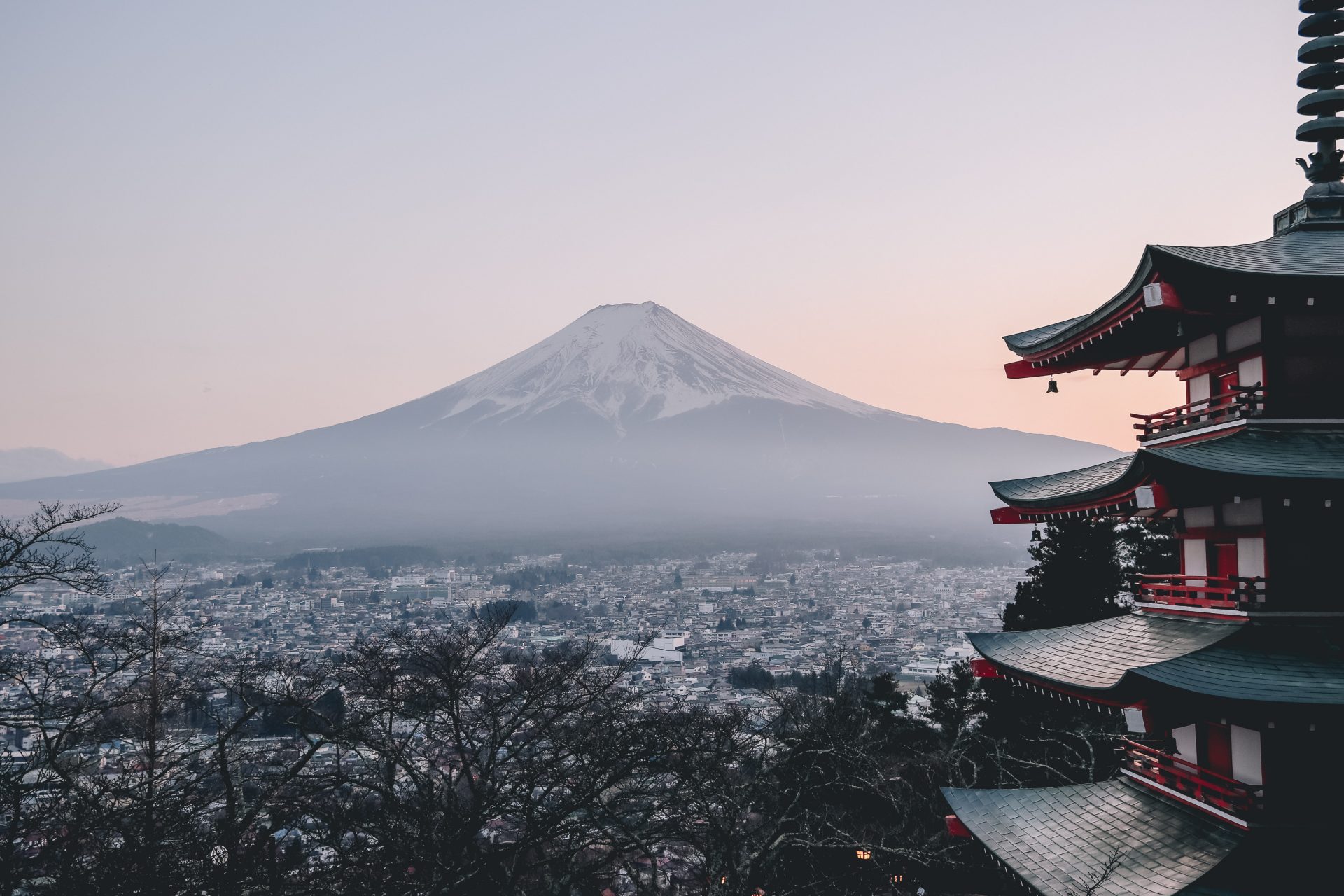Why some people in Japan vanish without a trace
Tired of your life? Wishing there was a way to simply leave everything behind? Well, you're not the only one. In fact, this could be the answer to something strange that is happening in Japan.
A mysterious phenomenon has developed in Japanese society in the past few decades: every year, thousands of Japanese men and women disappear overnight, without leaving a trace.
It's not mass abduction or a government conspiracy, but something stranger. A taboo reality that affects Japanese society as a whole. These people who suddenly 'evaporate' into the wild do so of their own free will, often planning their demise in advance.
Overnight, these people cut off all contact with their family, their friends, and their work, to start their lives from scratch elsewhere. The phenomenon is such that there is a term in Japanese to describe these missing individuals: the “Johatsu” (literally: the “evaporated”).
According to the Japanese police, there are between 80,000 and 90,000 Japanese who voluntarily disappear each year.
Photo: Manuel Cosentino / Unsplash
But according to local associations, the annual number of “evaporated” people is much higher, and could be around 200,000 each year. This calculation is explained by the fact that most families do not report these disappearances to the authorities.
French journalist Léna Mauger writes in her book 'Les Evaporés du Japon' that the Johatsu is such a taboo topic in Japan that many families prefer to ignore the disappearances than report it to the police.
Photo: Alex Knight / Unsplash
Japanese society stresses the importance of family honor and conformity within social conventions. These disappearances are seen as an affront against these values, and therefore a source of shame for jouhatsu families. Shame is what motivates these people to escape from their own lives.
Photo: Nico Ga-ang / Unsplash
There is no typical jouhatsu profile, however, running away is seen as an alternative to save face. The inability to pay debts is one of the main reasons for voluntary disappearances in Japan, but there are many others.
Having a lover, losing a job, or even failing an exam, are other reasons that lead people to vanish. In some Japanese homes, people prefer to simply flee rather than ask their spouse for a divorce.
In her book 'Les Evaporés du Japon', Léna Mauger tells the story of a man who left because he could not pay the expenses of his sick mother. “He was so ashamed of not being able to pay the bills that he preferred to abandon his sick mother than to stay with her”, explains the journalist in an interview for Europe 1.
Although the term “Johatsu” was coined in the 1960s, this strange phenomenon has been around for centuries in Japan. However, it increased in the 1990s, when the country went through a financial crisis. At that time, many Japanese people found themselves ruined, and saw no other way out than to disappear or end their lives.
As Léna Mauger explains on Europe 1 radio, it is “easier” to disappear in Japan than in our Western societies, because “files are less centralized than in Europe”. There is no exchange of information between the country's regions, making easier to new life without even changing their identity.
Photo: Jezael Melgoza / Unsplash
In fact, it's really not that hard to disappear in Japan. There are even manuals that give advice on how to 'evaporate' and start your life over. Certain specialized companies help people to escape their own lives, all within the law. They are called "yonige-ya" ("night move").
One of the particularities of Japan is that the police do not search for these missing persons. When an adult individual seems to have left voluntarily, and there is no risk of crime or accident, the police simply do not investigate.
Some families therefore call on private detectives to find their loved one. But their services are expensive, around 500 euros (over 550 US dollars) per day, according to France 24. A few local associations offer their services free of charge, in an attempt to find the jouhatsu.
But the task is tough. Because of Japan's Privacy Protection of Personal Information Act, it is nearly impossible to obtain information about individuals without their consent.
Sometimes, the jouhatsu end up resurfacing after several months or even years later, when they feel the need to reconnect with their friends and family. However, these cases are rare. The majority of Japan's 'evaporated' people build a whole new life, sometimes under a new name, with new relationships, a new job, and leave their past behind forever.
Photo: Sora Sagano/Unsplash
More for you
Top Stories































